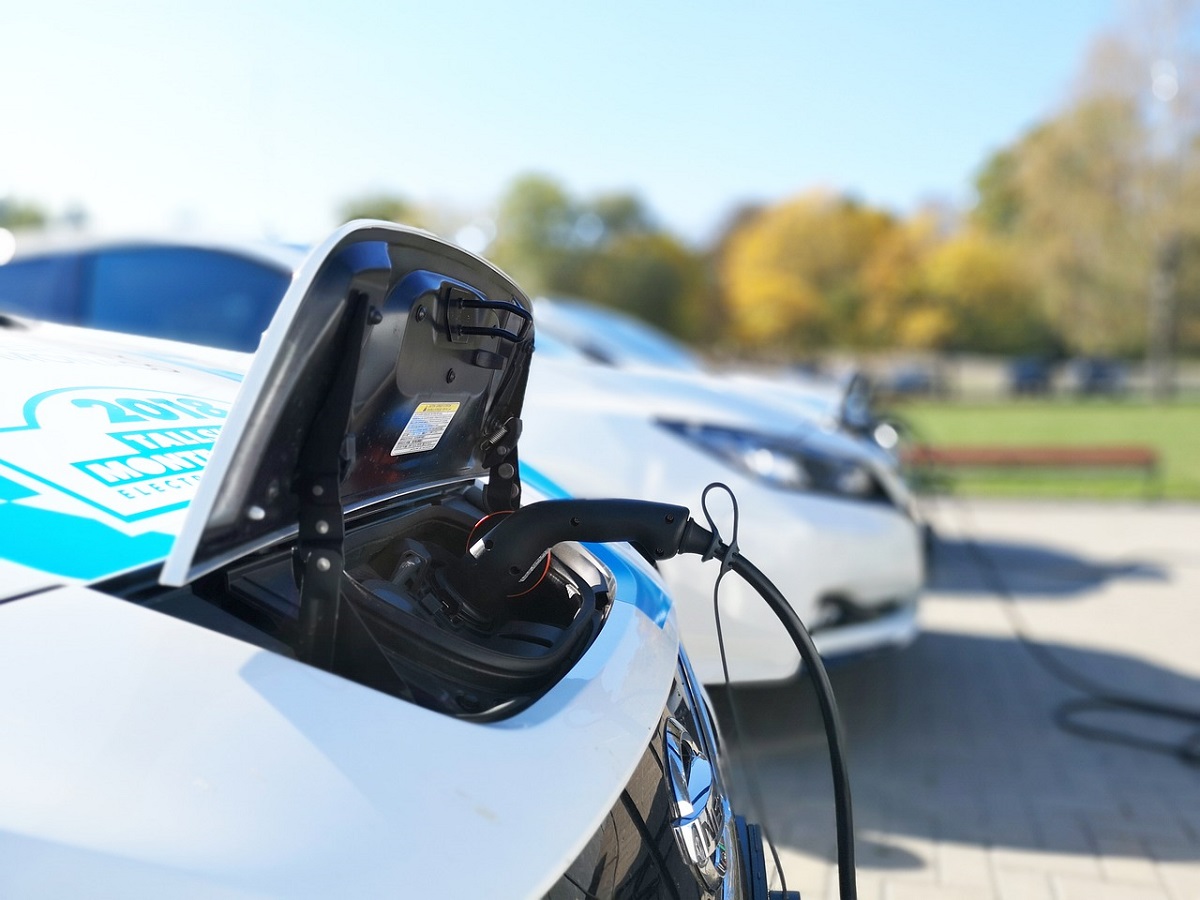All new automobiles and trucks sold in California must have zero-emissions starting in 2035, owing to a 2020 executive order signed by Governor Newsom. The decision marked a step forward for the state in minimizing the use of climate-changing fossil fuels. However, it has caused experts to scramble to figure out what to do with all of those old electric car batteries.
Engineers at San Diego State University, lead by Chris Mi, chair of the Department of Electrical and Computer Engineering, believe they have found a solution. They’re presently experimenting with ways to repurpose the old batteries by storing solar energy on California’s power system.
Because to decrease in power and range, the batteries are no longer usable. They can, however, still store energy. So we install them in a building and feed energy from the sun into the battery, and then the energy can be used when the solar isn’t producing, explains Mi for KBPS, part of BBC World Service.
Lithium-ion batteries used in electric and hybrid cars generally have a ten-year lifespan before needing to be replaced. The decreasing capacity of an EV battery can reduce a car’s range between charges. However, the batteries retain 60 to 80 percent of their initial capacity at that moment.
Some of them may have sufficient power and energy capacity to support an energy storage project. According to Mi, extending their life for another 10 years might postpone the entire life cycle of the battery.
Batteries are difficult to dispose of once they have reached the end of their useful life. That’s an issue for an industry that’s trying to make transportation more sustainable. If the batteries end up in landfills, they can leak dangerous pollutants, including heavy metals, into the surrounding environment. When exposed to sunlight, they can potentially spark fires, similar to mobile phone and laptop batteries.

